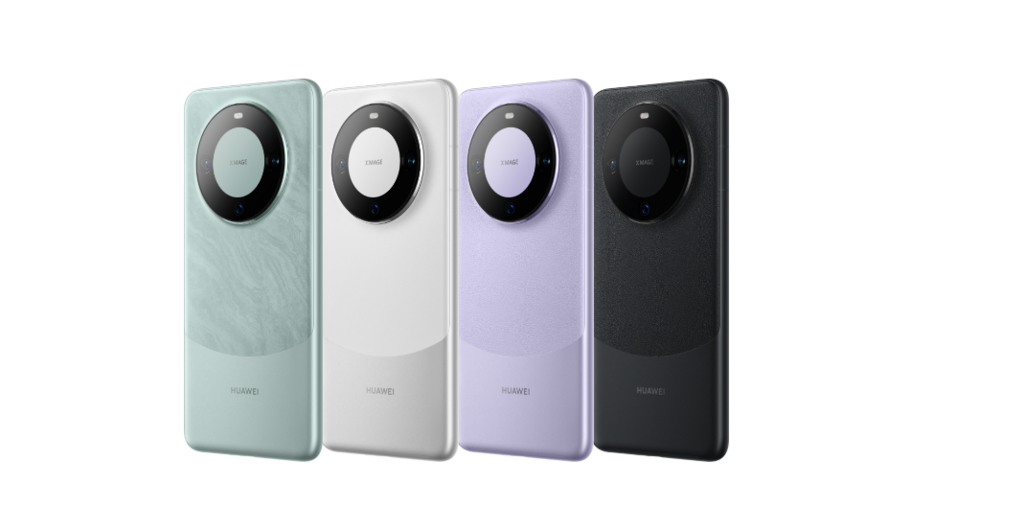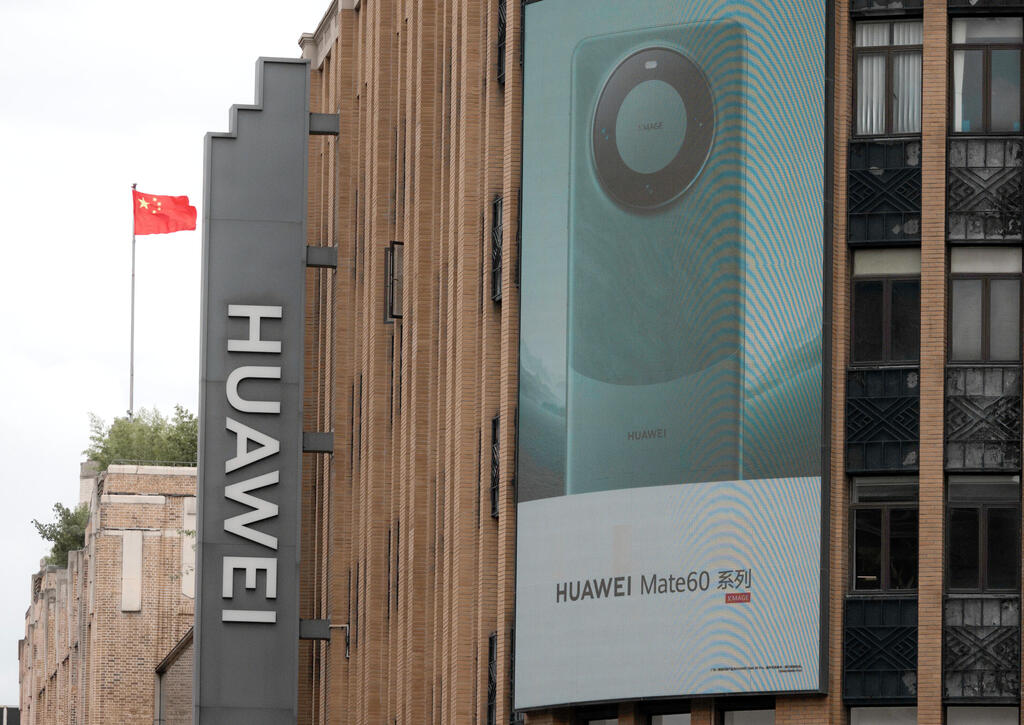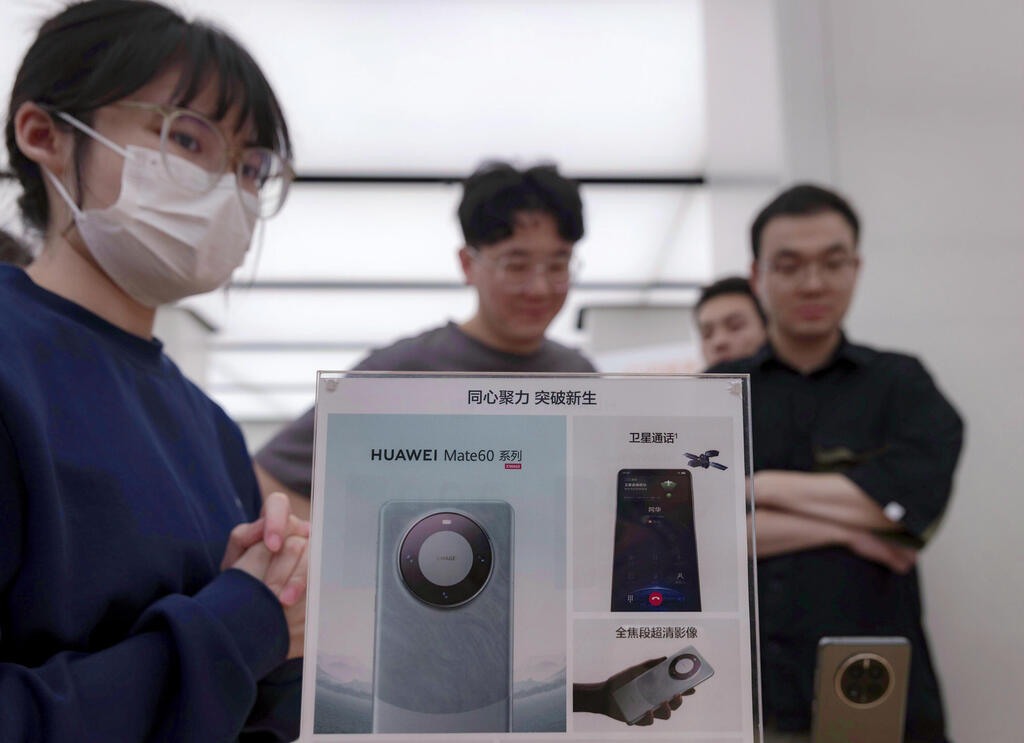Getting your Trinity Audio player ready...
Until a few years ago, Chinese technology company Huawei seemed on the almost certain path to becoming the world's most popular smartphone manufacturer. Its flagship series received critical acclaim and garnered a devoted customer base.
More stories:
In 2019, however, the U.S. began imposing sanctions that barred American companies from supplying Huawei with technology for smartphone production, compelling the Chinese company to take several steps back in the mobile field.
Last week, Huawei launched its new flagship device, the Mate 60 Pro, claiming it to be the most advanced smartphone the company ever created. Rather unusually, the company decided not to provide much detail about the device’s technical specifications. However, industry estimates suggest it supports the 5G cellular connectivity.
This development caught the West by surprise. Western sanctions had restricted Huawei's access to 5G chips, rendering it essentially irrelevant in the modern smartphone market. Huawei either managed to bypass U.S. sanctions and somehow obtain the relevant chips, or the company and its partners in China bridged the gap and produced the chips themselves. In either case, this was not pleasant news for authorities in Washington.
The new phone was coincidently launched during the visit of the American commerce secretary, Gina Raimondo, to China.
Despite its 5G connectivity, the phone's chipset is manufactured using a 7-nanometer process, which is considered somewhat outdated compared to the 4-nanometer processes that companies like TSMC in Taiwan use when building chipsets for Western manufacturers. This could have an effect on the device's battery life and overall performance.
The Mate 60 Pro, priced at approximately $900 in China, has already piqued the interest of consumers worldwide. Some who managed to purchase it in China shared videos on social media displaying its internal components and conducted independent speed tests indicating that it is indeed a 5G phone on par with premium devices from manufacturers like Apple and Samsung. According to user reports, the device also supports satellite connectivity, an advanced feature not yet available on leading global mobile brands.
The mobile industry now estimates that the company that manufactured the advanced chipsets for Huawei is SMIC, a Chinese semiconductor manufacturer partially owned by the Chinese government which is not considered to be the most advanced in its field.
Chris Miller, a professor at Tufts University, told The Washington Post that those recent developments suggest that Chinese companies like Huawei still have plenty of capability to innovate. "I think it will also probably intensify debate in Washington on whether restrictions are to be tightened,” he said.
From Huawei's perspective, this is a significant victory. In 2019, the Chinese company surpassed Apple, becoming the second most popular smartphone manufacturer in the world after Samsung, selling around 240 million devices worldwide.
American sanctions, imposed on the grounds that Huawei posed a national security threat to the United States, led to a sharp decline in its sales since then, and in recent years, it is no longer considered a significant player in the global mobile market.
Nonetheless, it’s likely that the company’s latest breakthrough will not return it to the status it enjoyed in the past: Firstly, the company’s production capabilities for the new model still aren’t clear, and production costs are quite high.
Secondly, as part of the U.S. sanctions, the company’s phones have their own operating system (OS), Harmony OS. It may include an app store featuring the most popular application currently on the market and allow the installation of Android-based apps, but it can’t officially use Google’s services, making it much less attractive to Western customers.





